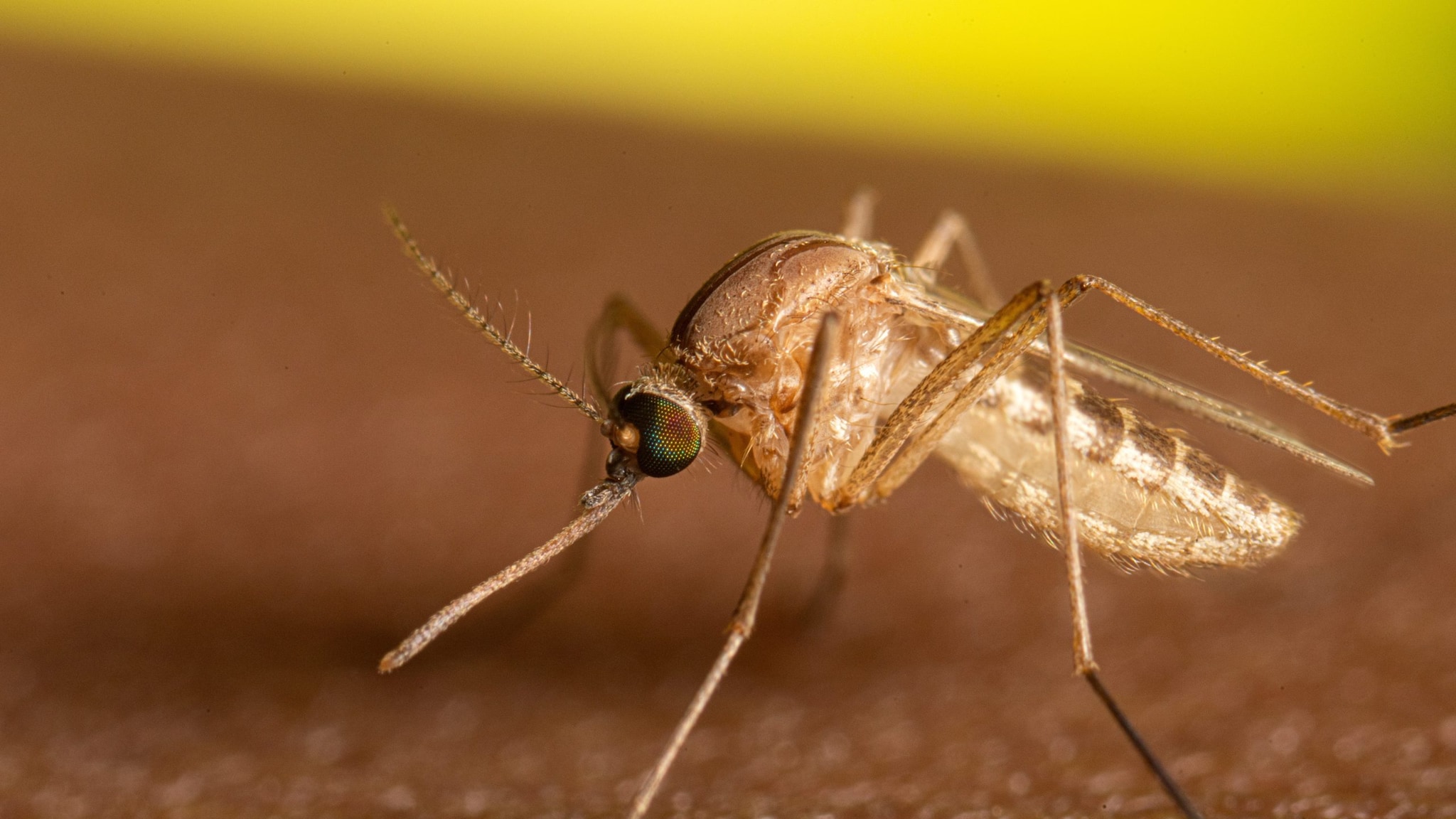Key points
- Western equine encephalitis (WEE) virus is spread through the bite of an infected mosquito.
- No human cases have been reported in the United States since the late 1990s.
- Most people with WEE virus infection do not get sick, though some will develop fever, headache, body aches, or confusion.
- There are no vaccines to prevent or medicines to treat WEE.
- Reduce your risk by taking steps to prevent mosquito bites.

Overview
Western equine encephalitis is caused by a virus most commonly spread to people through the bite of an infected mosquito. Most people infected with western equine encephalitis virus do not feel sick. However, the virus can cause some people to develop symptoms of a febrile illness (fever) or severe neurologic disease.
Western equine encephalitis virus has caused sporadic outbreaks of disease in horses and people from the late 1930s through the early 1980s in the United States. The last outbreak in the United States in people was in 1987, and since then, there have only been five cases of western equine encephalitis virus identified in the United States. The last reported case of western equine encephalitis occurred in 1999. Historically, the virus has been found in parts of North America, Central America, and South America.
Risk of infection is highest during mosquito season, which starts in the summer and continues through fall. You can reduce your risk of infection by preventing mosquito bites.
